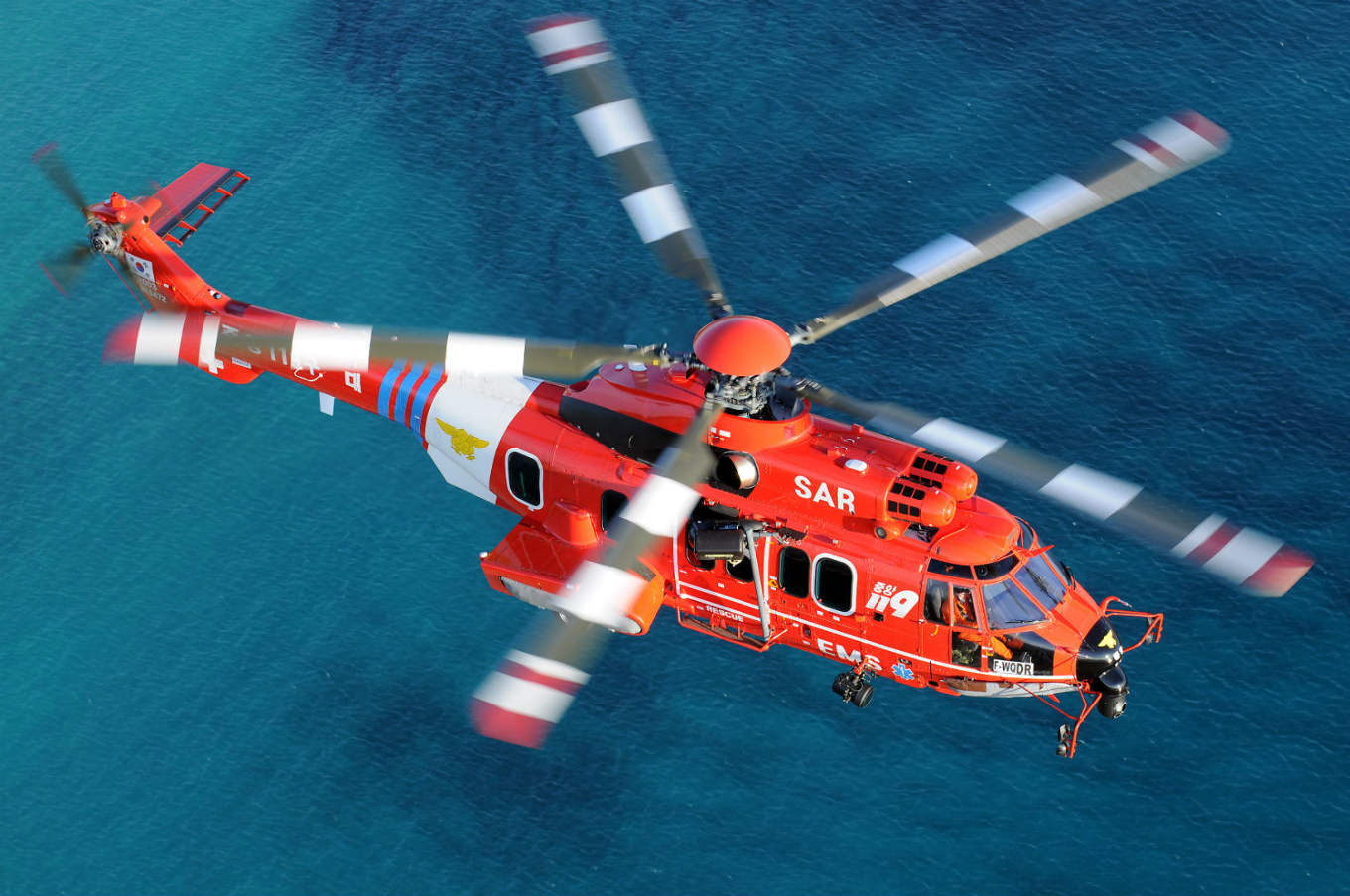Despite slight drops in orders (350) and deliveries (409), Airbus Helicopters is still head and shoulders above its competitors in the global rotorcraft market.
Despite slight drops in orders and deliveries last year, Airbus Helicopters is still head and shoulders above its competitors in the global rotorcraft market.
The company delivered 409 rotorcraft in 2017, slightly less than the previous year (418) but enough for the European firm to claim a 50% share of the civil and parapublic market — way ahead of its closest contenders, Bell (18%) and Leonardo (17%).
During the year, the company logged gross orders for 350 helicopters (net: 335), with the heavy and super-medium segments performing well. The company booked 54 orders for the Super Puma family, more than twice as many as the previous year, and 19 orders for the super-medium H175, an improvement on the eight orders booked in 2016. Only four H155/Dauphins were sold.
The Super Puma total includes 30 H225M Caracals for the Kuwait Air Force and Kuwait National Guard, a contract initially announced in August 2016.
Bookings were weaker at the light end of the product range. The company posted 168 orders for light-single engine helicopters (down from 188) and 105 orders for the H135/H145 light-twins (vs. 163). At the end of 2017, the overall backlog had dropped below the 700 mark — 692 helicopters, compared with 766 units 12 months previously.
Outgoing CEO Guillaume Faury underlined the progress made in the company-wide transformation process launched in 2014, an effort designed to make the company “stronger and leaner”. He said the main focus for the year ahead would be to speed up the process through increased digitalisation of products, services and operations.
In 2017, Airbus Helicopters completed the implementation of its revamped industrial model with the inauguration of its blade production facility in Paris-Le Bourget, which will be an integral part of the new site specialisation strategy integrating the Marignane, Donauwörth and Albacete plants.

